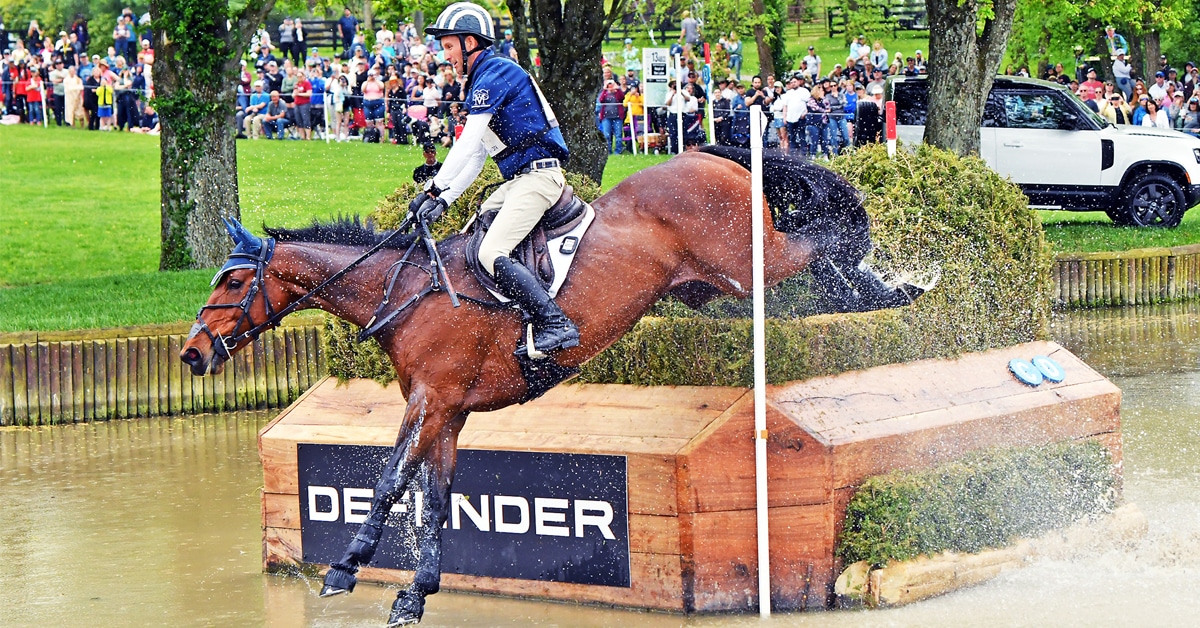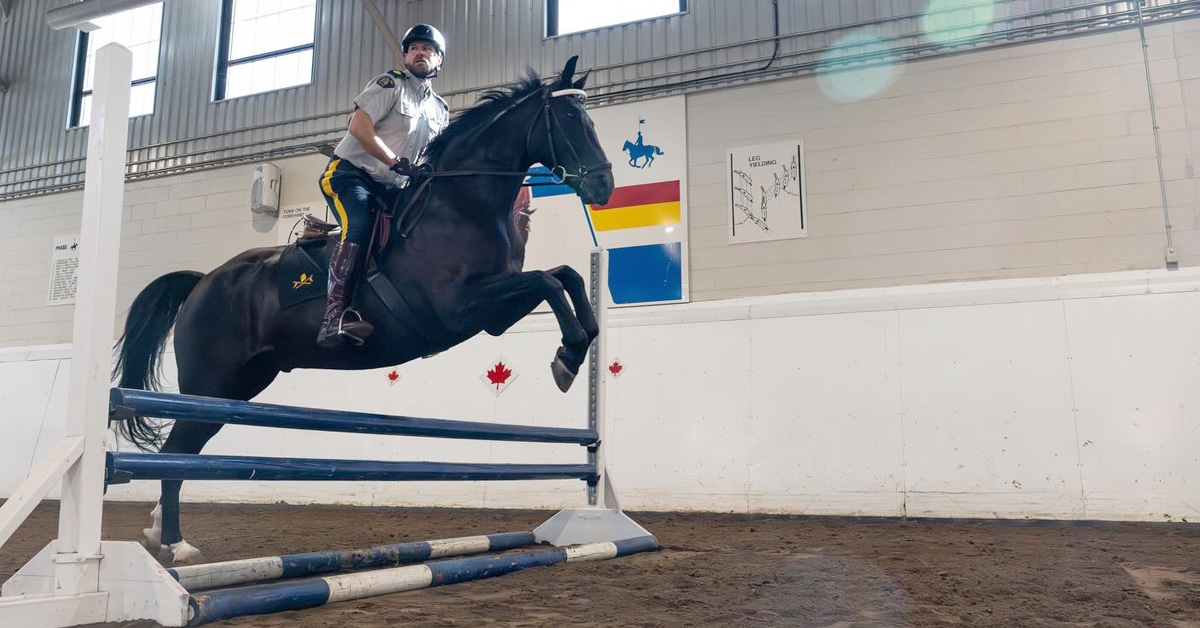The FEI Sustainability Programme and the proactive sustainable steps that can be taken at equestrian events around the world were detailed by Dr Harald Müller (GER), FEI Director Education and Standards, to open the afternoon session of the FEI Sports Forum 2014.
The new FEI Sustainability Handbook for Event Organisers, circulated during the session and also available online, encourages organisers to implement sustainability initiatives based on their own set priorities to help reduce negative environmental impact and create positive legacies.
“Sustainable sporting events are a major priority for organisers and the network of organisations who help make these happen – governments, sponsors and the communities in which the events takes place to name just a few,” Dr Müller said.
“Equestrian events are unique in many ways, and are also very different to each other based on geography, existing infrastructure and financing, but they do have one thing in common: sustainable action can be taken at every event. The FEI Sustainability Handbook is designed to highlight how, and also what proactive measures can be taken in the future.”
The FEI will introduce several sustainability initiatives, including an interactive web platform, which will include a knowledge database and diverse sustainability benchmarking tools to enable event organisers to work together with the FEI and with each other on development.
“Respect for nature has always been integral to equestrian sport through its connection to horses and the outdoors”, FEI President HRH Princess Haya said today. “The Sustainability Handbook for Event Organisers gives us a solid framework to improve and expand our efforts to protect the environment and ensure that equestrian events create a lasting positive legacy.”
Jeremy Edwards (AUS), Venue General Manager of the London 2012 Olympic and Paralympic Games, Singapore 2010 Youth Olympic Games and Equestrian Site Manager for the Beijing 2008 Olympic Games, and now General Manager of the Baku 2015 European Games Operation Committee, underlined the importance of having an established sustainability policy for equestrian events.
“The sooner we have clear sustainability guidance for organisers to follow the better”, he said. “In reality, we have a very short period of time to consider sustainability at events, and to include it at every stage of the build-up. We need considered sustainability targets for equestrian events, timeframes and strong monitoring throughout the event preparation, and also full feedback post-event for clear learning and implementation next time. That would be an ideal sustainable approach in my view.”
The four-strong panel on the FEI Sustainability Programme session also included Steve Aeschlimann (SUI/ITA), Executive Director of Operations, Fédération Internationale de Motocyclisme (FIM), Denis Bochatay (SUI), Project Manager at environmental life cycle assessment consultancy Quantis and Simon Lewis (GBR), Founder of Team Planet, a specialist consultancy providing sport sustainability advice.
Online Entry System
The FEI Online Entry System, the single platform that enables Organising Committees and National Federations to process the entries of athletes and horses to manage results more efficiently, was reviewed in the second afternoon session.
Gaspard Dufour, FEI IT Manager, highlighted the key system developments and outlined areas for further improvement with the National Federations.
FEI Sports Forum delegates were invited to give feedback on how the system has facilitated their work and discuss ways in which it could be further improved.
Justin Provost (USA), Director of Information Technology at the United States Equestrian Federation (USEF) and panelist for the session, highlighted the benefits of the FEI Online Entry System and underlined its importance against the backdrop of increasingly busy competition schedules. “The system gives us important athlete information at our finger tips, and is very easy to use, which is vital for our busy athlete services team who, on a yearly basis, are dealing with the needs of thousands of athletes,” he said.
The panelists on the FEI Online Entry System session included Stephan Ellenbruch (GER), FEI Official, FEI Jumping Committee member and President of the International Show Jumping Officials Club; Peter Bollen (BEL), President of the International Equestrian Organisers Association and equine nutritionist; Andreas Steidle (GER), Founder of Equinis and creator of the Hippobase online entry system, and Aurélien Jost (SUI) and Pascal Rossier (SUI) of Swiss Timing.
An online discussion platform to continue the debate on all topics discussed at the FEI Sports Forum 2014 is available here.
More News








